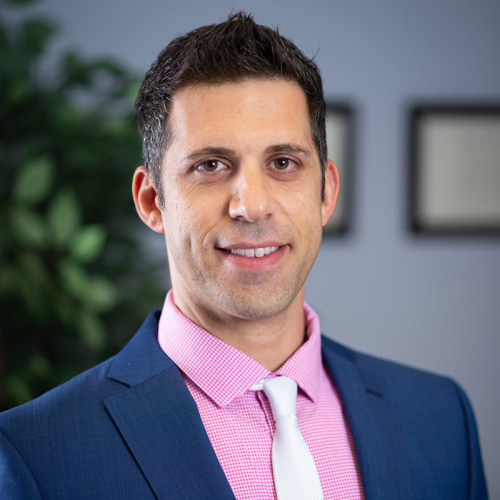
Dr. Haddas is an Assistant Professor in the Department of Orthopaedics Center for Musculoskeletal Research at the University of Rochester. He specializes in the care of patients with musculoskeletal and neurological disorders. This very diverse group includes patients with musculoskeletal disorders (lower back and neck pain, scoliosis, and rotator cuff tendonitis), degenerative disease (disc herniation, neck pain, arthritis, rheumatologic, and osteoarthritis), neurological disorders (myelopathy, cerebral palsy, Parkinson, stroke, and amyotrophic lateral sclerosis), and sport and tactical injury-related (ACL reconstruction, Achilles tendonitis, concussion, acute low back pain, shoulder instability, and overuse strains). His work tends to highlight the respective impacts of conservative and surgical interventions on a patient’s quality of life, pain levels, psychosocial factors, and function. In addition to his broad training in human biomechanics, he has also completed specialized training in human motion analysis, including Electromyography (EMG), Electroencephalogram (EEG), and wearable analyses, along with patient balance and posture. His research is capable of analyzing risk factors associated with neurological, neuromuscular, and structural disorders in order to develop more effective treatments. At the University of Rochester, he is developing world-class motion labs that leverage XR technologies for clinical service and research and development.
His educational background includes a Ph.D. in Clinical Biomechanics, a Master’s in Mechanical Engineering, and an MBA in Operations Management.
Recording
The Voices of XR speaker series is made possible by Kathy McMorran Murray and the National Science Foundation (NSF) Research Traineeship (NRT) program as part of the Interdisciplinary Graduate Training in the Science, Technology, and Applications of Augmented and Virtual Reality at the University of Rochester (#1922591).

